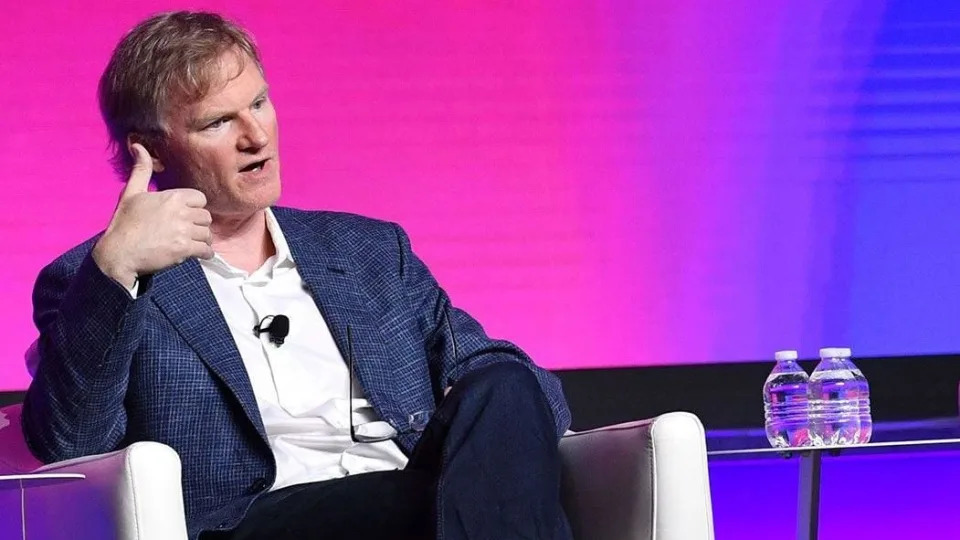SEOUL, SOUTH KOREA – BitGo’s move to sign a deal with BiT Global, a Hong Kong-based crypto custodian that’s partially owned by Tron’s Justin Sun has received its share of criticism from the crypto community. However, in an interview with CoinDesk during Korea Blockchain Week, BitGo’s CEO Mike Belshe says that this criticism is missing one thing: intellectual honesty.
Threshold – one of the loudest critics of the BitGo-BiT Global tie-up – recently proposed to merge its BTC wrapper, tBTC, into Wrapped Bitcoin (wBTC) to address concerns over what it calls wBTC's shift in control.
“They’ve even said publicly that if they had all of Wrapped Bitcoin’s market share, their token's value would be 35 times higher. I understand that they want their token to go up, but we’re facing attacks from every tBTC holder who wants to see that happen,” Belshe said. “Let’s be intellectually honest here: criticizing our efforts to decentralize Wrapped Bitcoin just to boost their token’s value is beyond ridiculous."
As for Coinbase, which recently teased its own competitor of wrapped bitcoin called cbBTC on the Base blockchain, Belshe said it would go against the ethos of decentralized finance (DeFi) if cbBTC gained a following, and if the “DeFi community picks central bank Coinbase as the ultimate steward, then I think all DeFi hope should be lost.”
"Of course, the central bank, CB, Coinbase, they also would love to have Wrapped Bitcoin under their belt," he said. "There is no doubt that the model that BitGo is proposing, how we're going to store the keys, is far superior to anything that Coinbase can or would concoct."
Belshe emphasizes that many of the loudest critics don’t understand the legal structure of BiT Global. Registered as a licensed Trust or Company Service Provider (TCSP) in Hong Kong, the company has a fiduciary duty – just like BitGo – to the Wrapped Bitcoin DAO to ensure the security of the bitcoin in its custody.
"We are a fiduciary today, and it’s our duty to ensure that the assets are protected, regardless of where they are held," he said.
So then, why do this deal in the first place? The deal is about, he explains, “eliminating single points of failure" and expanding its footprint in Asia.
"We use deep cold storage, separating keys across multiple people, he said. “And now we're taking it a step further by separating them across multiple institutions."
Belshe said he knows Justin Sun is a “colorful character,” but he emphasized the importance of transparency: "Most companies wouldn't have even mentioned his name, but we did. Why? Because transparency matters."
He wanted the community to "digest it, scrutinize it, and propose alternatives," ensuring trust by openly sharing all aspects of the partnership.
And it looks like this move paid off. Despite an initial huff-and-puff by elements of the MakerDAO community, on-chain data shows that there hasn’t been a significant exodus out of wBTC via burns.
"It’s not like a 'why Sun' type of thing. It’s about who is a qualified custodian that can receive these assets," he continued.
And that qualified custodian just happens to be in Justin Sun’s portfolio. But it's a portfolio company he can’t control by its very design.


